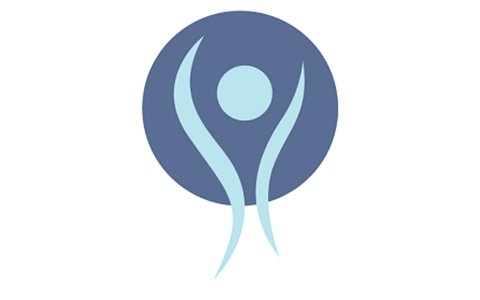NDARC trial to address hidden epidemic of child and adolescent trauma
Researchers from the National Drug and Alcohol Research Centre (NDARC) at UNSW Sydney are conducting a world-first trial of integrated treatment for post-traumatic stress disorder (PTSD) and alcohol or drug use in adolescents aged 12-18 years.
PTSD and problematic substance use are debilitating conditions that frequently co-occur, with onset typical during adolescence.
It is estimated that 80 percent of adolescents have experienced at least one traumatic event and one in seven suffer from PTSD. For 50 percent of these young people, their PTSD is further complicated by alcohol or drug use, which often occurs as a consequence of repeated ‘self-medication’ for symptoms of traumatic stress.
Associate Professor Katherine Mills said traumas include a wide range of experiences, including physical and sexual assault, violence, accidents, and natural disasters.
“We know that adolescence is a formative developmental window when young people are particularly vulnerable to the impact of trauma, PTSD and substance use,” Associate Professor Mills said.
“Despite this, the vast majority of young people do not receive treatment for these conditions until later in life, if at all.
“Traditional approaches treat PTSD and substance use in adolescents separately, but research findings from our group and others highlight the importance of an integrated approach where one clinician treats both conditions at the same time.”
Currently, there are no evidence-based treatments for adolescents with co-occurring PTSD and substance use.
In a world-first, NDARC researchers will conduct a randomised controlled trial (RCT) of a new integrated cognitive behavioural therapy called COPE-A.
COPE-A has been adapted from an effective adult program that was found to reduce the severity of PTSD symptoms when compared to traditional care and significantly reduce the likelihood of a PTSD diagnosis at follow-up.
COPE-A will be compared to Person-Centred Therapy (PCT), which adopts a supportive counselling approach and has also been shown to produce improvements in substance use and PTSD among adults. In the current trial, both therapies have been specifically tailored to meet the developmental needs of adolescents.
“Eligible young people will be randomly allocated to receive one of these therapies and all participants will receive treatment, which includes up to 16 sessions with a psychologist,” Associate Professor Mills said.
“Research focused on the development of new treatments for adolescents is of paramount public health importance and through this trial we hope to improve our understanding of how best to treat young people who are experiencing traumatic stress and using alcohol or other drugs.”
Recruitment for the trial is now open. For more information, or to refer a young person, please visit the COPE-A website.
A webinar presented by Associate Professor Mills and Dr Natalie Peach is available online now: Post-traumatic stress disorder and substance use. Promising new treatments for adults and adolescents.
Read more on the NDARC website.












